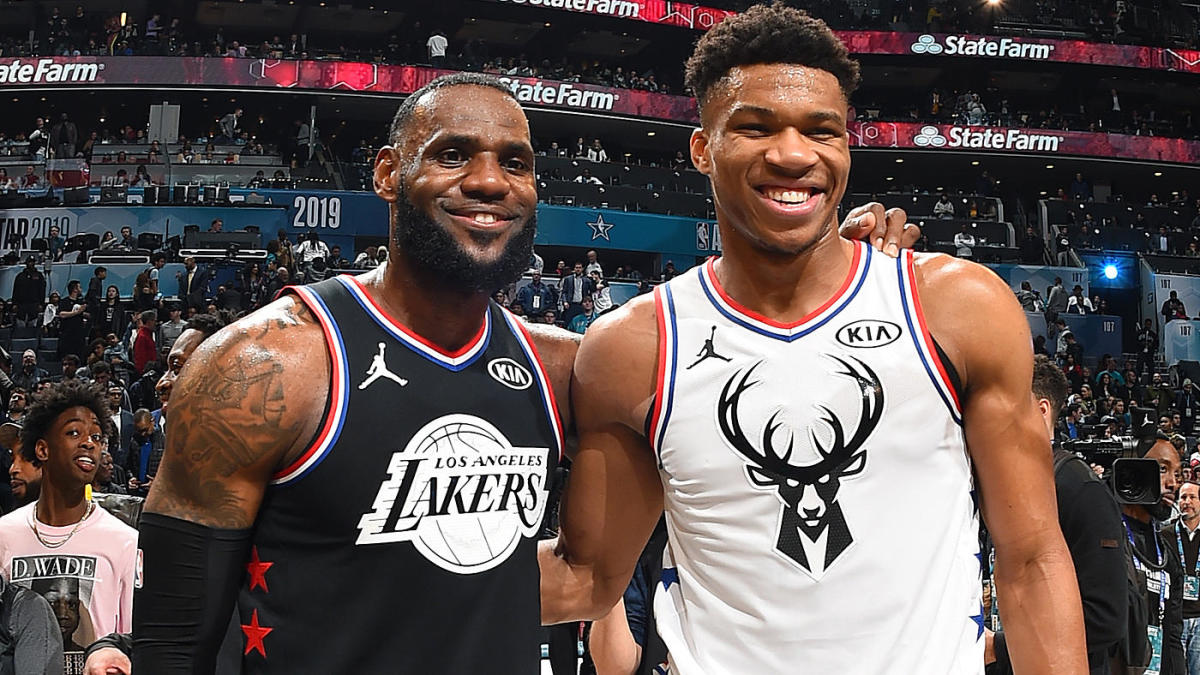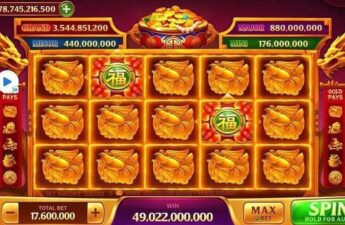Brummieblogs – Winning NBA basketball picks is difficult, perhaps even quantified on a different scale. How do you choose the real winners, the ones that consistently get it right the majority of the time, the ones you know will nonetheless give you a much better return on your money invested than you might expect?
rather than looking at teams in a vacuum, the answer should be looking at players. prior to last seasons’ collapse, there was a sense that the Cleveland Cavaliers would be the team to beat for the Eastern Conference. That notion is now a little early, as injuries haveleague go downs in the past 2 seasons. The West appears to have addressed the problems and beaten the East twice in a row.
Instead of looking at the league as if it were a single entity, the NBA presents a battle of several fronts, eachography-based, some more talented than others, and some hiding from the rest of the league. If the West was really good, they’d already be the league’s best, and if the East was really weak, they’d already be cheating away profits by avoiding the fray. Rather than nationalize the talent differences, the talents should beapped by their own league.
The first front covers the lineups, the weaknesses of the teams, and the key players, with not even a whisper of the conference weaknesses. adage that basketball is a team sport in theory sounds like it could apply to the game itself, except in theory there is no similarity between one team beating another, or one player running for the best NBA ranking against the best player in the league.
In reality, there is an innate dissimilarity between the haves and the have nots, or in basketball more specifically, the best and the worst teams. The top players and best players get paid the most, while the worst players and worst players get the least. Perhaps this should be read as the best and the worst players are the product of luck and circumstance, not of skill levels and team chemistry.
What this all means is that it is the teams that are able to pull the best performances out of their players, and the players that are able to make the best plays under pressure. In other words, it all comes down to self- endanger, or not, at least as far as the best are concerned. Thus, the conclusion that the top players are the product of good or bad luck, is a natural one, unless we are measuring the competition against which the best are judged.
However, there is a warm possibility that the best are not the most talented, as some claim them to be, and the fact that they are not the most talented, as some say, lends credence to the possibility that they are not the most talented. This brings us to the second principle, in addition to self-fullment, and that is we should also judge the competition, in addition to the participants, when it comes to evaluating the participants.
When we are dealing with early stage of a tournament, we should always measure our moves against the moves of our opponents, especially when we are not fully mature in terms of our own playing abilities and bankroll. Thus, if we are muddled in our thinking when we move beyond the first round, there is much we will take to learn. On the other hand, if we fully know what we are doing, it may be wiser decision.
During the latter part of the tournament, we should be much more selective, and cagey in our betting, since we know the remipoker well. Staying too long in a tough game will take advantage of our opponents, and we should not be so greedy as to wait for the best hand, when there is a possibility that we might lose if we don’t.
During the first round of poker games, we are definitely in the middle of our game. When we first start out, we should make a bluff on the first hand or two, but as the game pace picks up, you will realize that your opponents are taking equal risks, and are in almost the same position in which you were at the beginning of the game. The only possible advantage you can get is that the risks for your opponents are comparatively lower, in case the bluff does not work. This is because of the probabilities that you have fewer players in the hand. Having said that, there is a chance that you can steal the pot even if you do not win the bluff, so it is better to bluff when you are confident you can win. If you are not in a good position, never take a risk, and stick to your guns. If you lose the bluff, learn to try again. There is nothing worse than throwing good money after bad.

